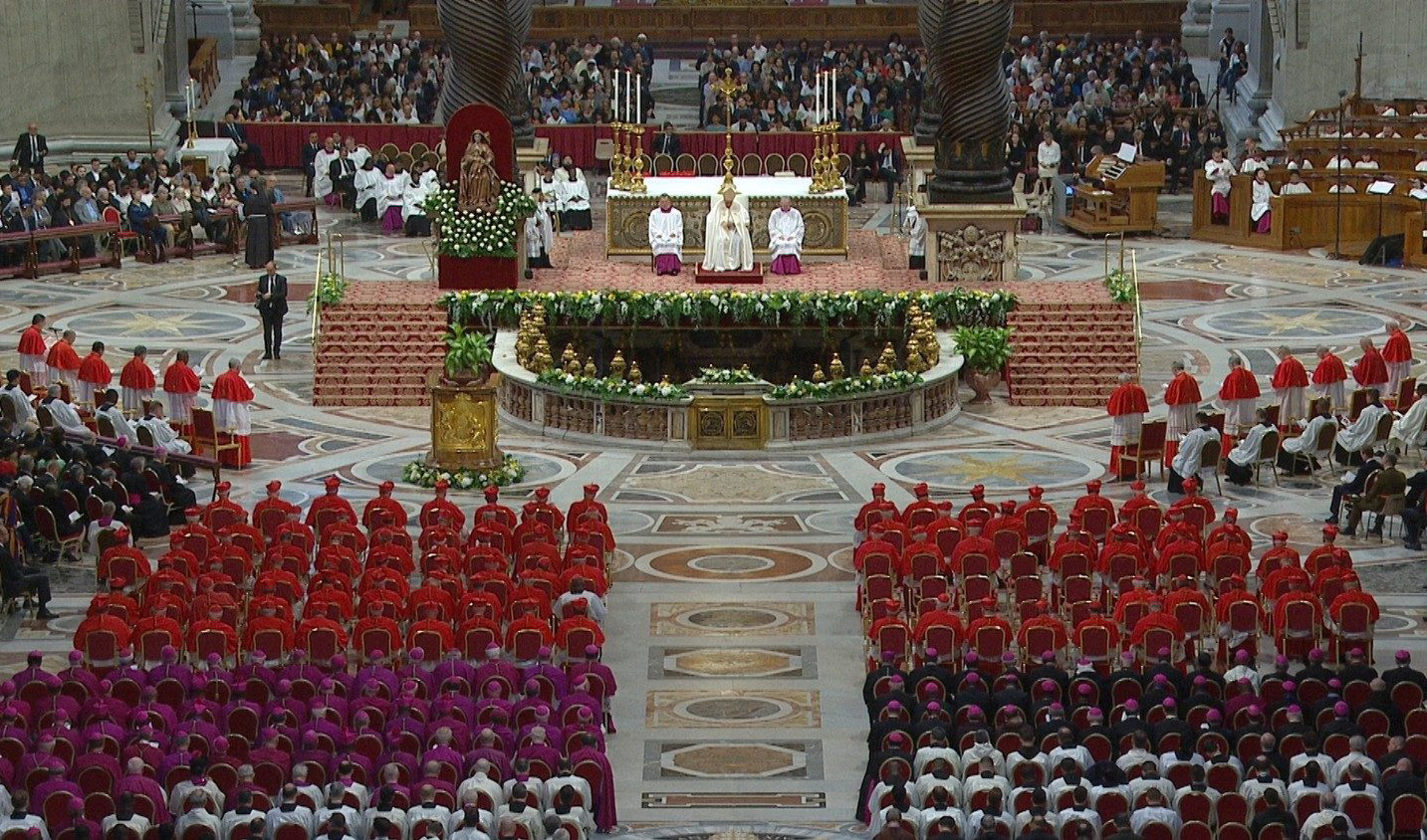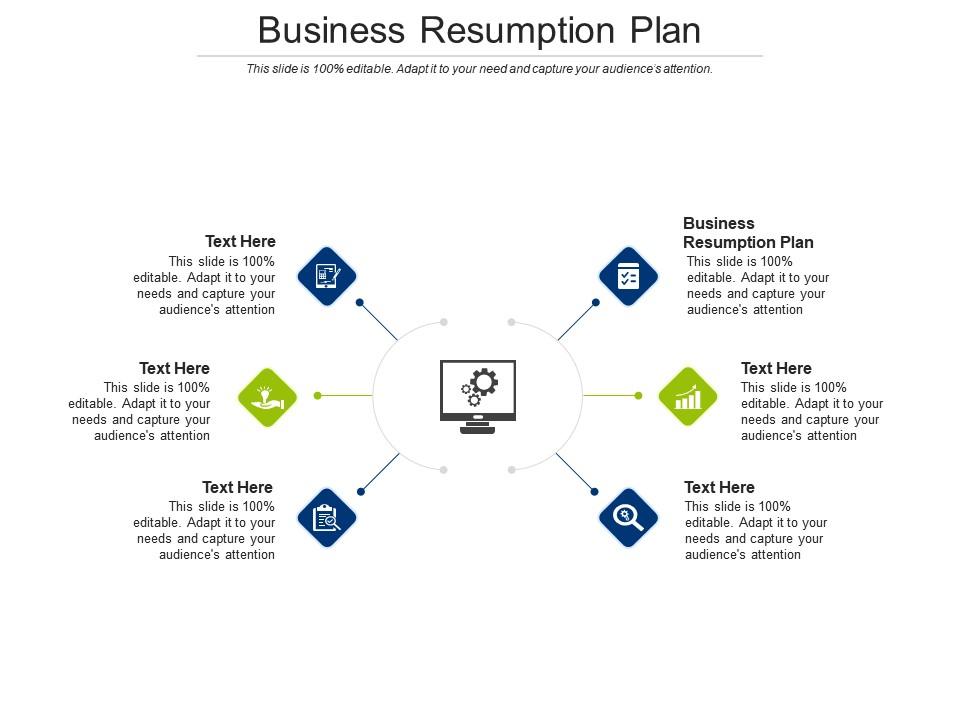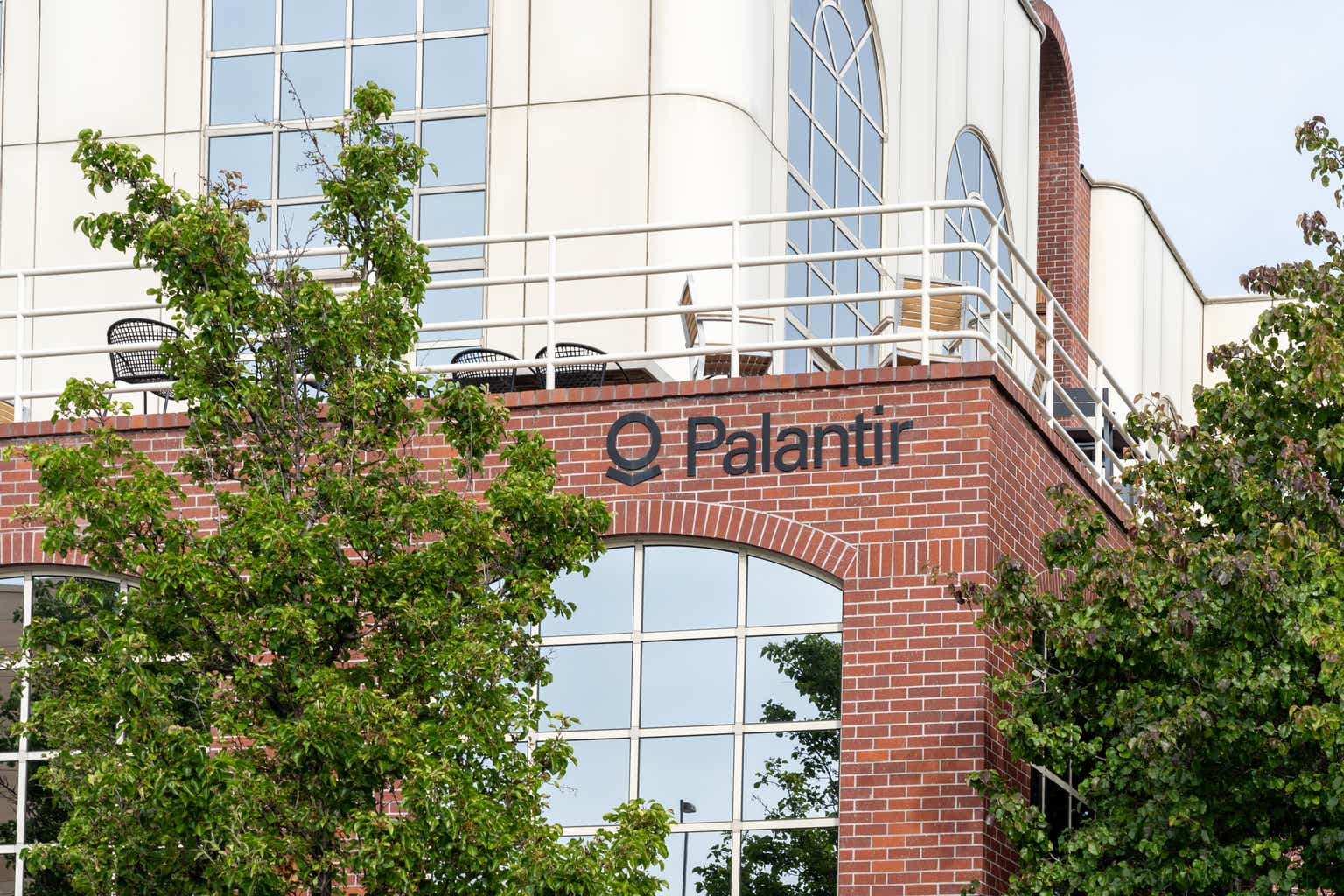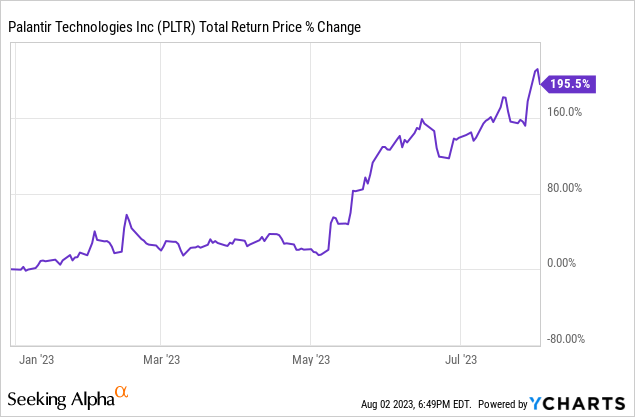FTC To Appeal Microsoft-Activision Merger Ruling

Table of Contents
The FTC's Arguments Against the Merger
The FTC's core argument centers on the claim that the merger would give Microsoft an unfair competitive advantage, stifling competition and harming consumers. They argue this violates antitrust laws designed to protect fair market practices and prevent monopolies. This is not simply about one company acquiring another; the FTC believes it threatens the very fabric of the gaming industry's competitive landscape.
-
Concerns about Microsoft's control over key gaming franchises like Call of Duty. The FTC worries that Microsoft could make Call of Duty exclusive to Xbox, or significantly degrade the experience on competing platforms like PlayStation, harming PlayStation gamers and potentially shifting the market significantly in Microsoft's favor. This would reduce consumer choice and limit competition.
-
Allegations that the merger would limit consumer choice and innovation in the gaming market. By controlling a significant portion of the market, Microsoft could potentially stifle innovation by suppressing competitors and limiting the development of new and innovative games. The fear is a reduced variety of games and a potentially higher cost for those that remain.
-
Potential for Microsoft to raise prices or degrade the quality of Activision Blizzard games. The FTC argues that with less competition, Microsoft would have the incentive and ability to increase prices on popular Activision Blizzard titles, negatively impacting consumers' wallets. Additionally, they express concerns that the quality of games might decrease due to a lack of competitive pressure.
-
The FTC's focus on the cloud gaming market and its potential for monopolization. The cloud gaming market is a rapidly growing sector, and the FTC believes that Microsoft's acquisition of Activision Blizzard would give them an insurmountable advantage in this space, effectively creating a monopoly and stifling competition among cloud gaming providers. This is a key area of contention in the appeal.
The FTC’s case rests on demonstrating that this merger substantially lessens competition, a key tenet of antitrust law. They have presented evidence attempting to show the potential for anti-competitive behavior, focusing heavily on the impact on the cloud gaming market and the potential for Microsoft to leverage its ownership of Activision Blizzard titles to gain an unfair advantage.
The Judge's Ruling and the FTC's Response
The federal judge's initial ruling sided with Microsoft, finding that the FTC failed to prove that the merger would substantially lessen competition. The judge's decision emphasized a lack of convincing evidence to support the FTC's claims regarding market dominance and anti-competitive behavior.
The FTC, however, believes the judge's interpretation of the evidence was flawed and that the ruling failed to adequately address the potential harms of the merger, particularly concerning the cloud gaming market and the potential for Microsoft to exploit its control over key franchises. Their appeal aims to correct what they perceive as a misjudgment of the long-term consequences.
-
Specific legal arguments: The FTC's appeal will likely center on stronger arguments regarding market definition and the potential for future anti-competitive behavior. They will challenge the judge’s assessment of the evidence and emphasize the potential harm to consumers.
-
Legal precedents: The FTC will likely cite various precedents in antitrust law to support their claim that the merger violates established legal principles. They aim to build a strong case based on prior rulings against similar mergers.
-
New evidence or arguments: The FTC might present additional evidence or refine their arguments based on new developments or further analysis of market data since the initial ruling. This could strengthen their case and address the judge's concerns.
The appeal process is expected to take several months, if not longer, involving extensive legal briefs, potentially further hearings, and a final ruling from a higher court.
Implications for the Gaming Industry and Consumers
The outcome of this appeal has far-reaching implications for the gaming industry and its consumers. A successful appeal could significantly alter the gaming landscape, while a rejection could cement Microsoft's position as a major player.
-
Potential price changes for Activision Blizzard games: If the merger goes through, the FTC fears prices could increase. If the appeal is successful, this price increase might be avoided, maintaining price competition and consumer affordability.
-
Impact on game availability on different platforms (Xbox, PlayStation, PC): The availability of Call of Duty and other Activision Blizzard titles across different platforms hinges on the appeal's outcome. An unsuccessful appeal could lead to exclusivity deals.
-
The future of game development and innovation: The merger's impact on innovation is uncertain. The FTC argues it could stifle innovation, while Microsoft claims it will increase it. The appeal will provide a clearer picture.
-
The broader implications for mergers and acquisitions in the tech industry: This case sets a precedent for future tech mergers and acquisitions. A successful appeal could lead to stricter scrutiny of large tech deals.
Industry experts are divided on the long-term ramifications. Some believe the FTC’s concerns are valid, pointing to potential harm to competition. Others see the merger as beneficial for innovation and industry consolidation. The appeal's outcome will provide crucial insight into this ongoing debate.
The Future of Cloud Gaming and the Merger
Cloud gaming is a central component of the FTC's concerns. Microsoft’s potential dominance in this burgeoning market, resulting from the acquisition, is a major point of contention. The FTC argues that Microsoft's increased market share could significantly limit consumer choice and stifle innovation. Their strategy is to prevent Microsoft from establishing an insurmountable lead in cloud gaming through this merger. The appeal will play a crucial role in shaping the future competitive landscape of cloud gaming.
Key Players and Their Positions
Several key players have staked out firm positions regarding the Microsoft-Activision merger.
-
Microsoft: Microsoft has consistently maintained that the merger benefits consumers and will not lead to reduced competition. They have actively defended their position throughout the legal process, emphasizing the benefits of integrating Activision Blizzard's game catalog into their ecosystem.
-
Activision Blizzard: Activision Blizzard supports the merger, viewing it as a positive development for their company and employees. They are actively assisting Microsoft in their defense against the FTC's claims.
-
Competitors like Sony and other major gaming companies: Competitors like Sony have expressed concerns about the potential impact of the merger on competition, aligning with many of the FTC's arguments. They view the merger as potentially detrimental to the gaming industry's overall health.
Conclusion
The FTC's appeal of the Microsoft-Activision merger ruling adds another layer of complexity to a deal already steeped in controversy. The outcome will significantly impact the gaming landscape, influencing competition, pricing, and innovation. The appeal process will likely be lengthy and involve intricate legal arguments. The ultimate decision will significantly shape the future of the gaming industry and could serve as a landmark ruling for antitrust cases involving tech giants.
Call to Action: Stay informed about the ongoing FTC appeal concerning the Microsoft-Activision merger. Follow this news closely to understand how this legal battle will shape the future of gaming and competition in the tech industry. Continue to monitor developments regarding the Microsoft-Activision merger appeal for crucial updates.

Featured Posts
-
 The Looming Threat Will Google Be Broken Up
Apr 22, 2025
The Looming Threat Will Google Be Broken Up
Apr 22, 2025 -
 A Compassionate Shepherd Pope Francis Life And Legacy Conclude
Apr 22, 2025
A Compassionate Shepherd Pope Francis Life And Legacy Conclude
Apr 22, 2025 -
 A Pan Nordic Army Assessing The Contributions Of Sweden And Finland
Apr 22, 2025
A Pan Nordic Army Assessing The Contributions Of Sweden And Finland
Apr 22, 2025 -
 Why Robots Struggle To Match Human Skill In Making Nike Shoes
Apr 22, 2025
Why Robots Struggle To Match Human Skill In Making Nike Shoes
Apr 22, 2025 -
 Fsus Post Shooting Class Resumption Plan A Controversial Decision
Apr 22, 2025
Fsus Post Shooting Class Resumption Plan A Controversial Decision
Apr 22, 2025
Latest Posts
-
 4 5
May 10, 2025
4 5
May 10, 2025 -
 Analyzing Palantirs Potential A 40 Stock Increase By 2025 Is It Achievable
May 10, 2025
Analyzing Palantirs Potential A 40 Stock Increase By 2025 Is It Achievable
May 10, 2025 -
 Late To The Game Evaluating Palantir Stock Investment Potential In 2024 For 2025 Gains
May 10, 2025
Late To The Game Evaluating Palantir Stock Investment Potential In 2024 For 2025 Gains
May 10, 2025 -
 40 Palantir Stock Growth By 2025 A Realistic Investment Opportunity
May 10, 2025
40 Palantir Stock Growth By 2025 A Realistic Investment Opportunity
May 10, 2025 -
 Should You Buy Palantir Stock Before Its Predicted 40 Rise In 2025
May 10, 2025
Should You Buy Palantir Stock Before Its Predicted 40 Rise In 2025
May 10, 2025
